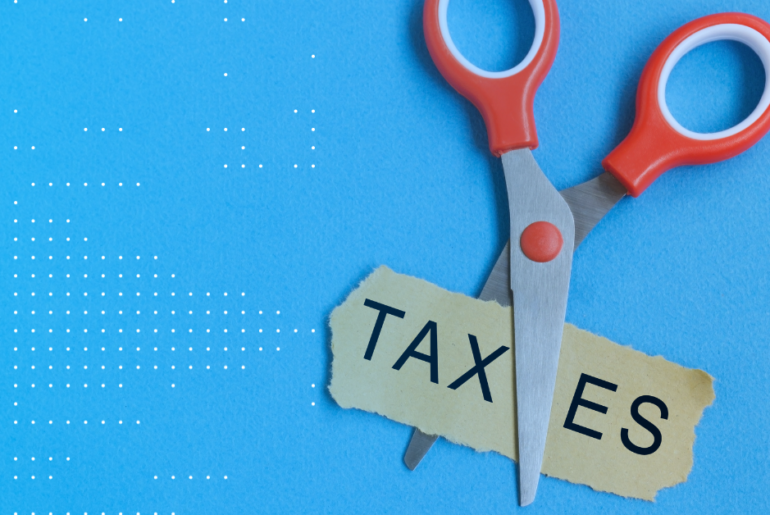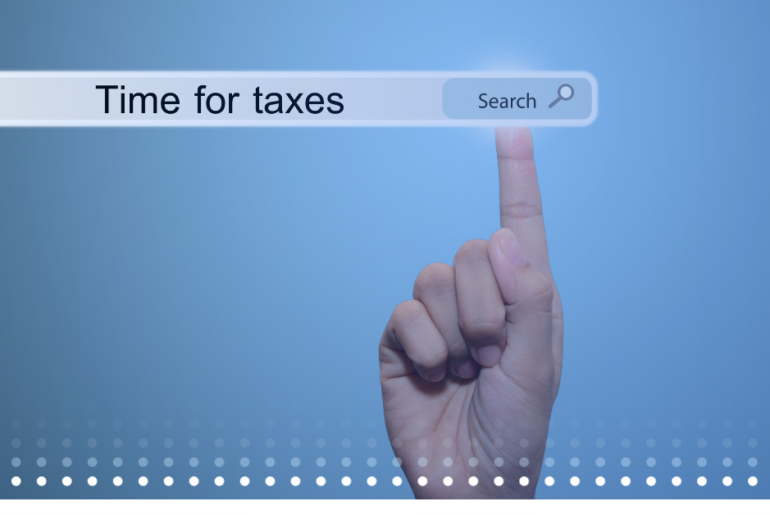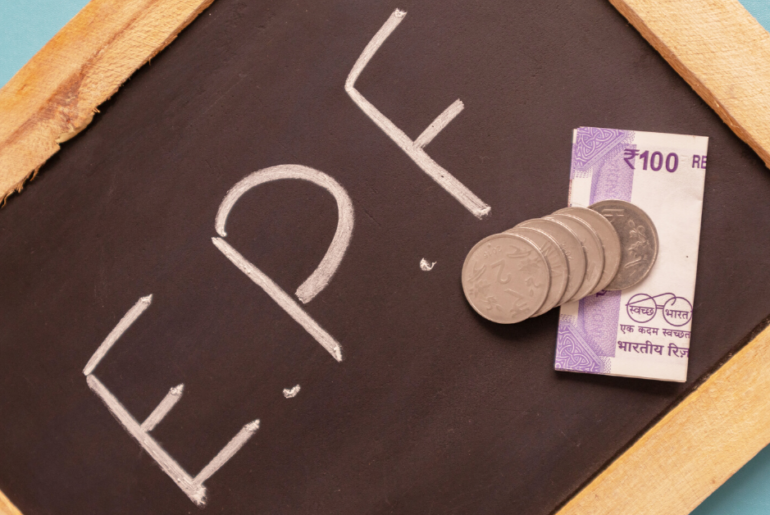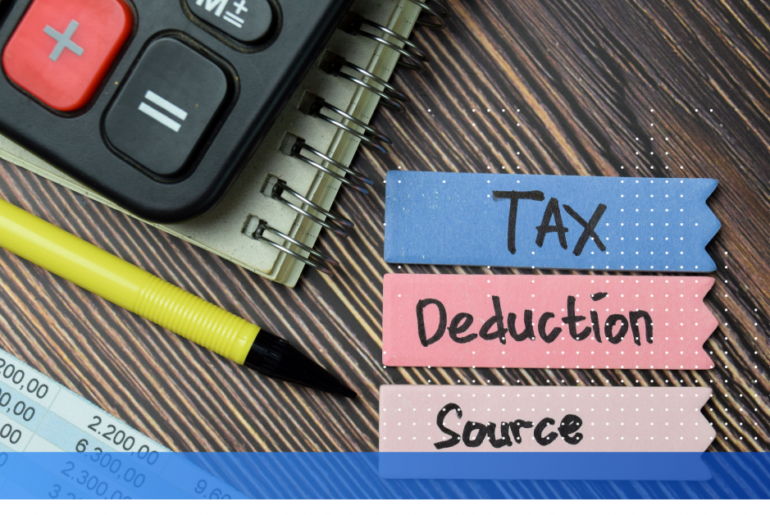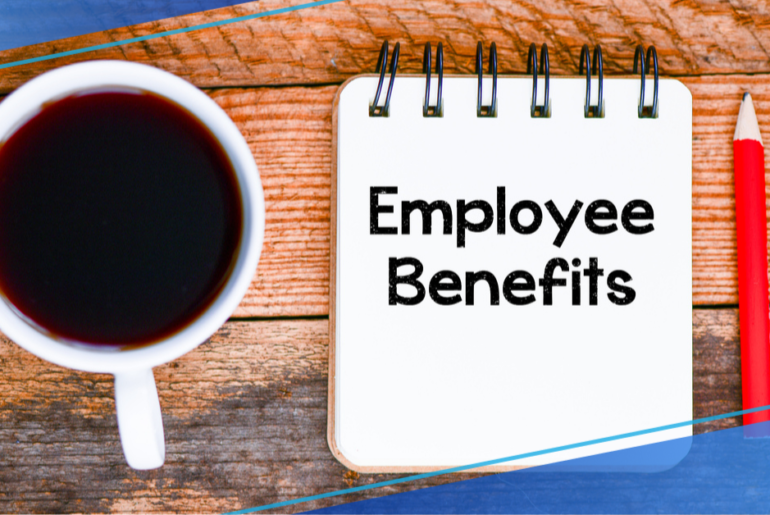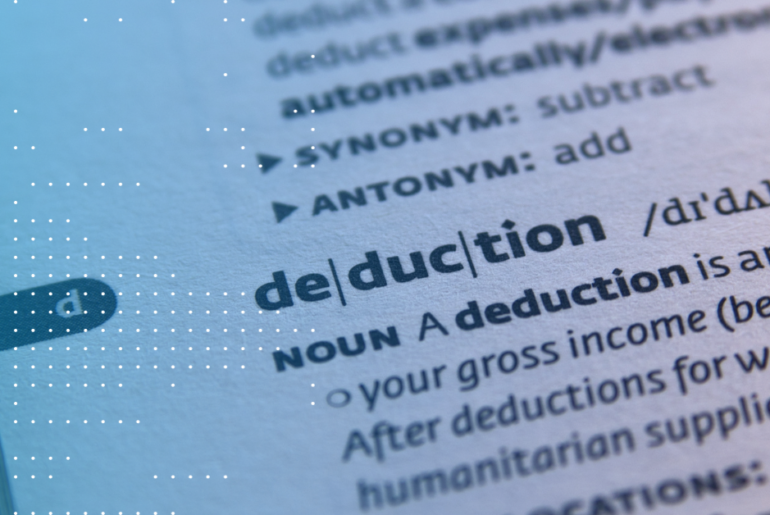The ESI scheme applies to all factories and establishments where employee strength is 10 or more. It is a self-financed social security scheme designed to protect employees covered under the ESI act.
Professional tax is a direct tax that applies to individuals earning by way of employment or practising their profession. Explore more through this article.
Bonus is the extra money received by employees over their salary and is fully taxable. Bonus payouts are dependent on the profitability of the company and can be paid to employees based on individual performance or the company’s overall performance.
Form 12BB is a tax declaration form where an employee needs to mention all tax-saving investments made or to be made in the financial year and submit it to their employers. Employers consider such details for deducting income from employee’s salary.
TDS Challan 281 is used to pay TDS by corporates and non-corporate businesses. There are 2 modes for making TDS payments – Online and offline mode.
Employee Provident Fund (EPF) registration is mandatory for an organisation where employee strength exceeds 20. For most employees, the contribution rate is 12% of the fixed wages of an employee, excluding HRA.
Section 194A of the Income Tax Act states that tax has to be deducted at source on interest (other than interest on securities).
The cost of processing, paying, & auditing expenses directly impacts the bottom line. Learn how you can automate your expense management with RazorpayX.
Allowances are a part of employees’ CTC (Cost-to-Company) and are paid in addition to basic salary. Employees can use these allowances to save their taxes.
Deductions under Section 80 of the Income Tax Act can be claimed only if tax-saving investments are made, or eligible expenses are incurred.




